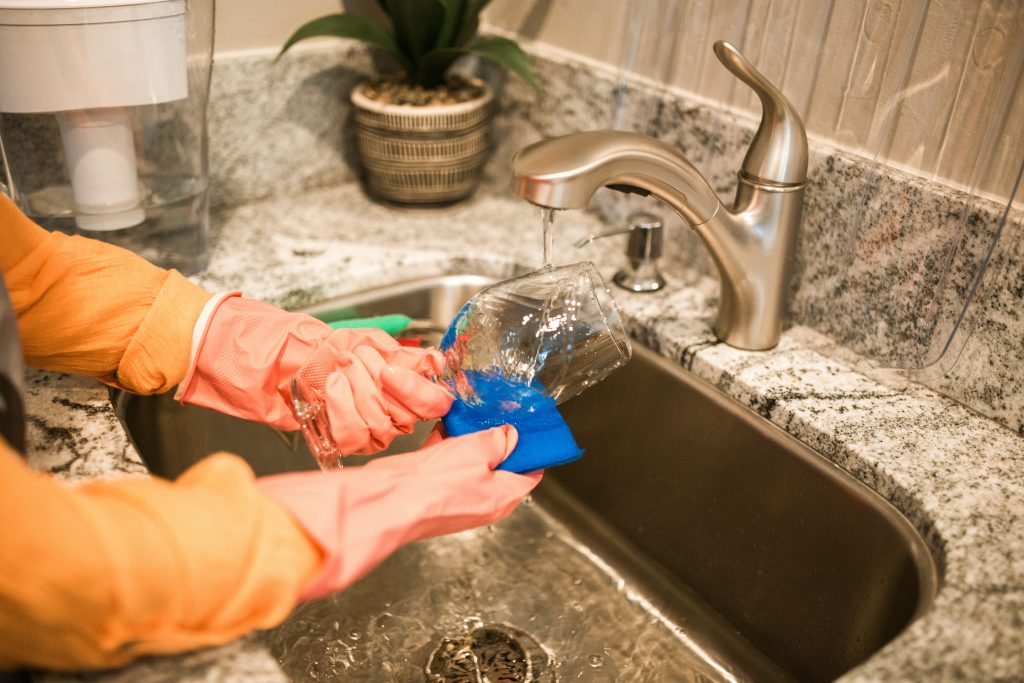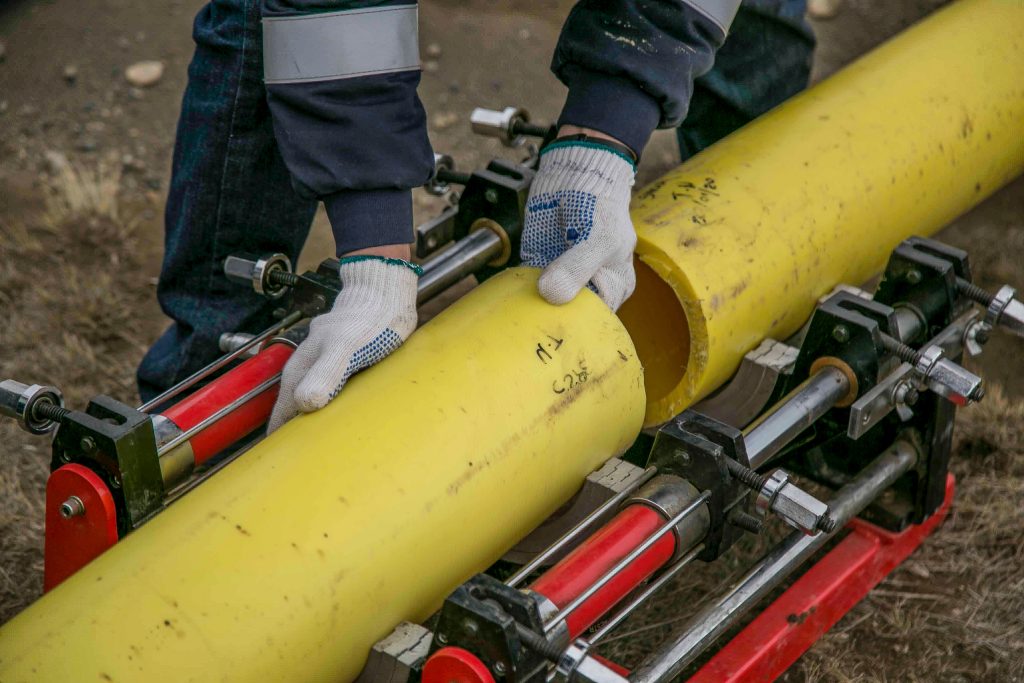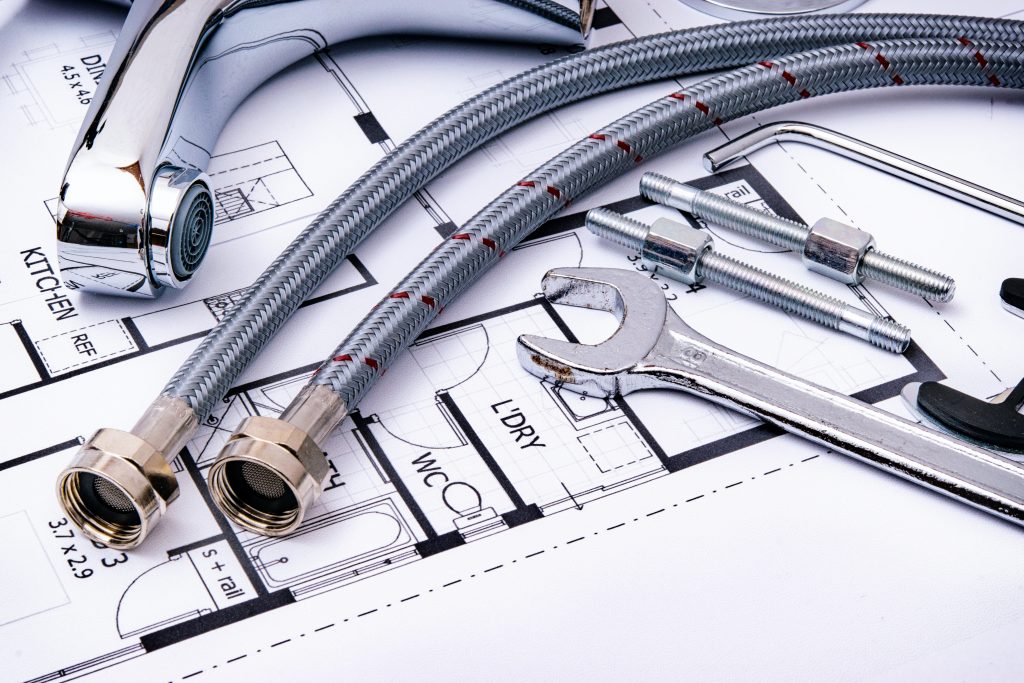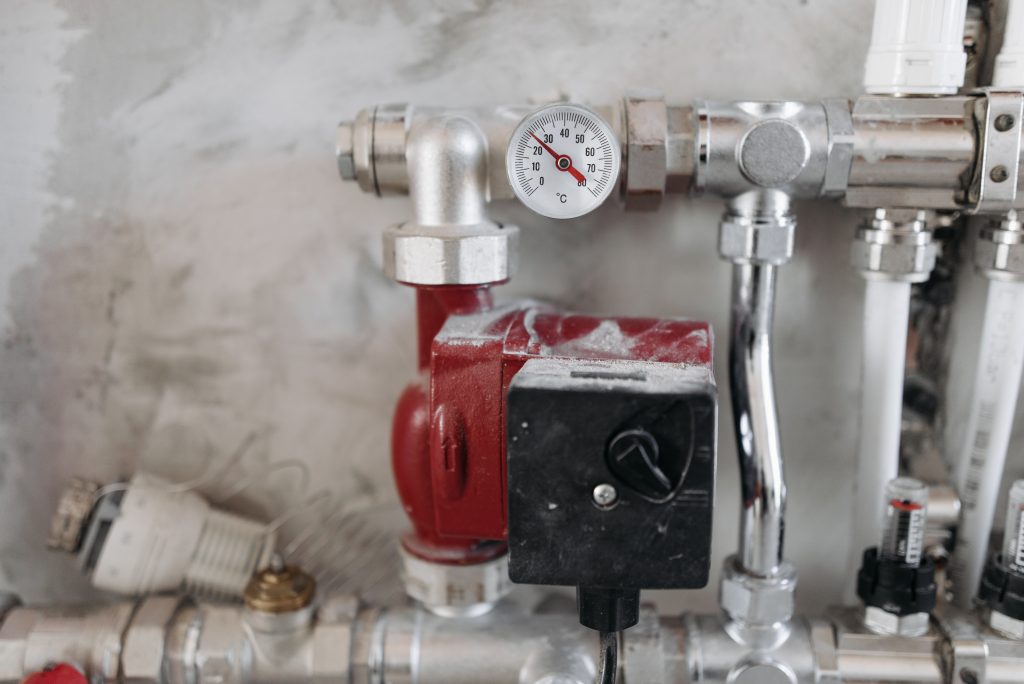Plumbing
Plumbing is an essential part of any home, but sometimes issues arise that require the help of a professional plumber. However, there are times when a homeowner may be able to handle a plumbing problem on their own.
The question is, when is it appropriate to take a DIY approach to plumbing, and when should you call in a professional? In this article, we will discuss some of the common plumbing problems that can be handled by a DIY enthusiast, as well as situations when it’s best to call a professional.




